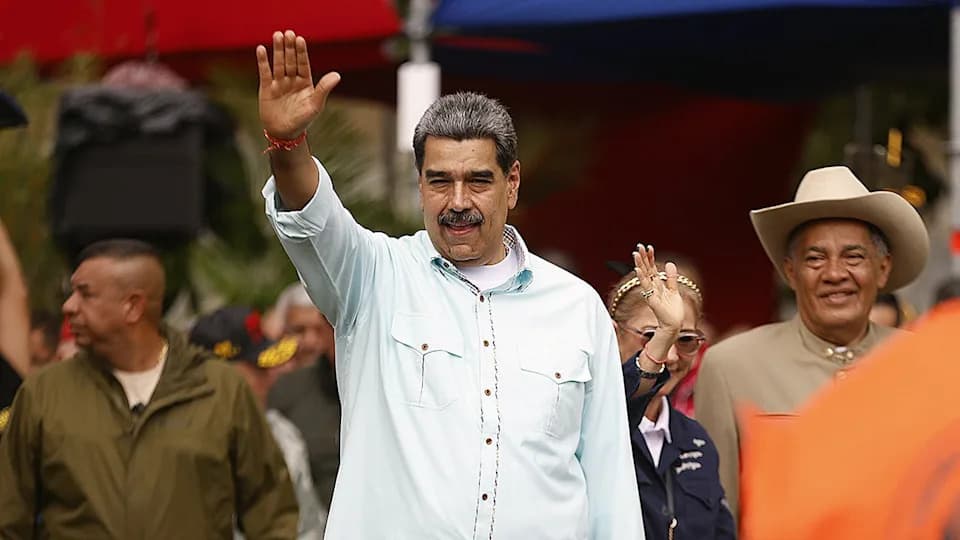Spanish police detained 13 suspected members of the Venezuelan prison gang Tren de Aragua across five cities and dismantled two laboratories producing "tusi" (a mix of cocaine, MDMA and ketamine). The probe followed the arrest in Barcelona of the brother of alleged leader "Niño Guerrero." The operation is part of broader efforts to disrupt the gang's European network amid concerns about international drug trafficking and related U.S. policy actions.
Spain Arrests 13 Suspected Tren de Aragua Members, Seizes Drugs and Dismantles Two 'Tusi' Labs
Spanish police arrested 13 suspected members of the Venezuelan gang Tren de Aragua across five cities, seizing a cache of illegal drugs and dismantling two clandestine laboratories, authorities said Friday.
The operation followed a probe opened last year after Barcelona police arrested the brother of alleged gang leader "Niño Guerrero" under an international warrant issued by Venezuelan authorities. Officials described the action as Spain's first large-scale effort to dismantle a suspected cell of the prison gang operating in Europe.
Two labs producing 'tusi' shut down
Investigators said the two laboratories produced tusi—a street mix reported to contain cocaine, MDMA and ketamine. Video released by police shows officers locating packaged drugs and a pink substance inside a residence. Arrests were made in Barcelona, Madrid, Girona, A Coruña and Valencia.
Origins and international spread
Tren de Aragua formed more than a decade ago inside a notoriously lawless prison in Venezuela's Aragua state. The group has expanded internationally amid Venezuela's mass migration: more than 7.7 million Venezuelans have fled economic and political turmoil, settling across Latin America, the United States and Spain.
Broader context: U.S. policy and legal concerns
The gang has featured in U.S. policy on narcotics trafficking. U.S. officials have designated Tren de Aragua alongside other criminal groups, and the U.S. administration announced a series of maritime strikes it said targeted vessels trafficking narcotics in the Caribbean and eastern Pacific. In a notice to Congress the administration described its actions as part of an "armed conflict" with drug cartels.
Human rights experts and some legal observers warn that such strikes risk amounting to extrajudicial killings, even when aimed at suspected traffickers, and they have raised questions about oversight and legality.
Spanish authorities said the arrests and lab closures are part of ongoing efforts to disrupt the gang's networks in Europe and to coordinate with international partners to pursue and prosecute suspects.
Help us improve.


































